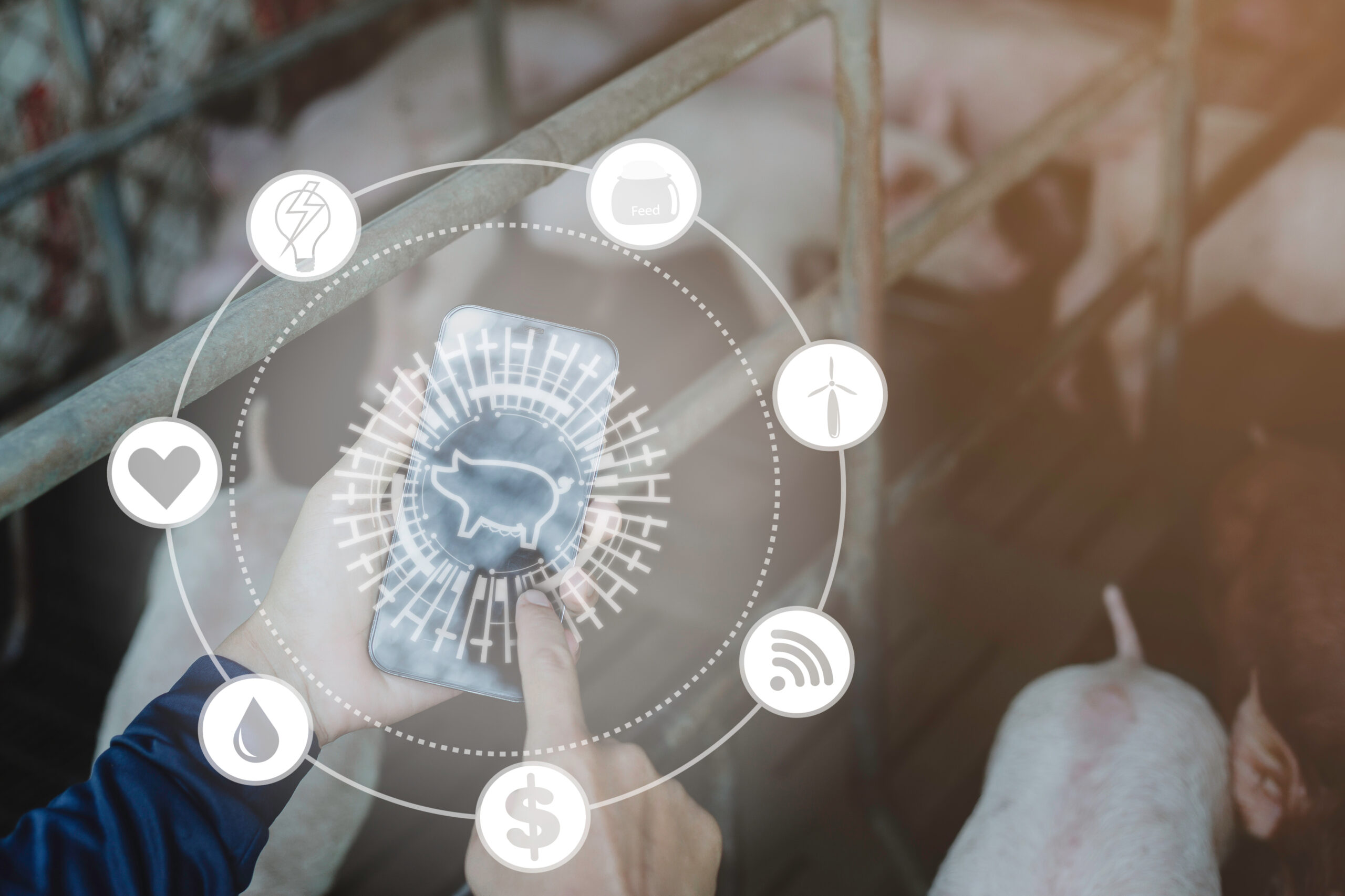14 May 2025

It’s been two years since a car rolled off an Australian manufacturing line but Labor leader, Bill Shorten, has plans to re-start the industry if successful at the upcoming federal election.
It’s been two years since a car rolled off an Australian manufacturing line but Labor leader, Bill Shorten, has plans to re-start the industry if successful at the upcoming federal election.
Largely driving these ambitions for the Labor party is the economic impact car manufacturing had in Australia throughout its heyday, when it provided Australians with thousands of jobs and importing was largely restricted to the elite. It’s how many Australians forged their living with Holden and Ford being household names, now diluted by the likes of foreign brands, most of which emanate from Asia.
Mass-produced cars last rolled off an Australian production line in October 2017, when Holden closed its Adelaide plant and Toyota closed its Victorian plant leaving more than 2,500 workers out of jobs.
But with Labor’s intent to create more jobs for blue-collar Australians, who are rapidly losing ground against technologically-optimised labour, a restart of Australian car manufacturing could have profound impact for both job seekers and investors.
The key policy position relates to Labor’s intent for 50 per cent of all new car sales to be electric vehicles by 2025. And in doing so, they believe many should be built in Australia where production lines already exist and we possess a plethora of natural resources required as input materials, such as iron.
Government incentives have had a significant effect on EV uptake, with the long-term aim of eliminating the pollution issues which have plagued the nation during the globalisation boom fueled by Chinese manufacturing. Under Labors proposal, they too propose incentives but in the form of tax credits.
Considering many of the natural resources which go into EVs is sourced from Australia, the concept of building them here makes sense to Shorten.
“Instead of the usual trope of shipping the minerals overseas and buying back the finished product at vastly inflated prices, let’s make the [electric vehicle] batteries here,” said Shorten in his budget reply speech on 4 April, 2019.
This could take back some of the market where China currently has 486 registered EV manufacturers.
In the event of a vehicle manufacturing restart, investment opportunities arise around the industry where raw materials sourced locally may contribute to lower EV purchase prices, removing the expense of material exports and imports factored into retail prices.
One company positioned to benefit would be rare earths company Northern Minerals (ASX: NTU) which owns the most advanced Dysprosium project outside of China.
Unlike other Australian rare earth companies, Northern Minerals’ entire operation is based in Australia, providing jobs at their Brown’s Range Project in Western Australia.
As a critical element used in the permanent magnets of electric vehicle batteries, global demand for Dysprosium will only increase as EV uptake becomes the norm. Should Labor be successful at the federal election, and Australia joins the chorus of other developed nations by abolishing combustion engines, Northern Minerals could play an integral role in an industry which can create thousands of new jobs for hard-working Australians.
Northern Minerals trades under the ASX code: ‘NTU’
More information on Northern Minerals can be found at their Investor Centre.
*Reach Markets are paid a retainer to assist NTU with private investor management.


